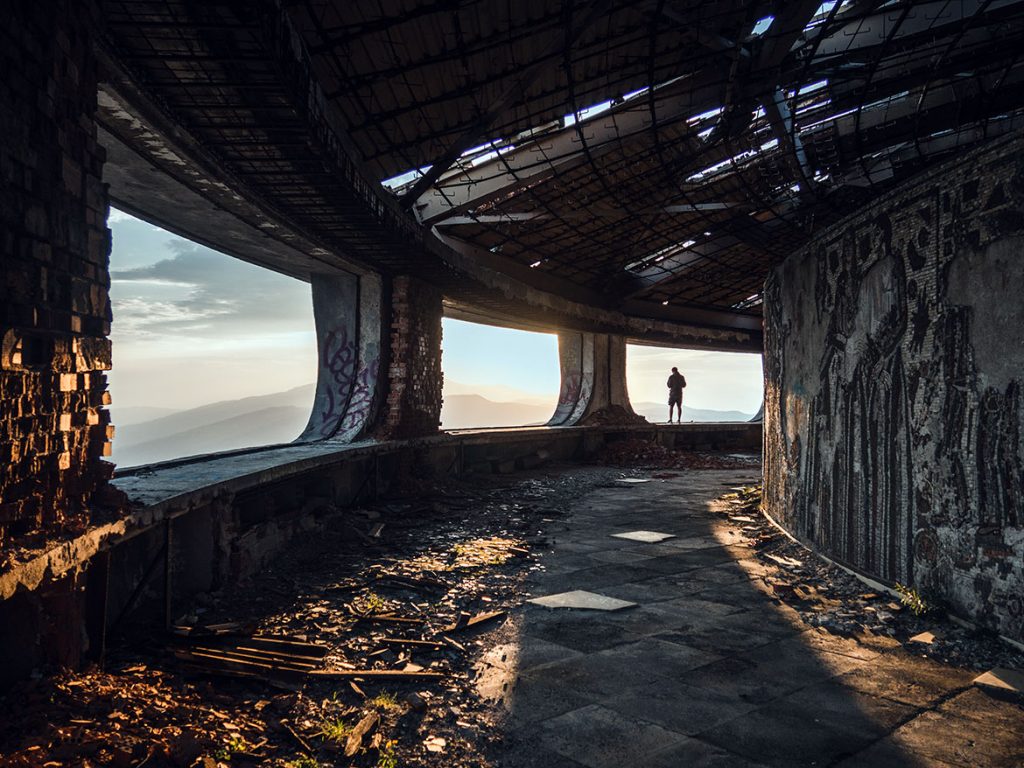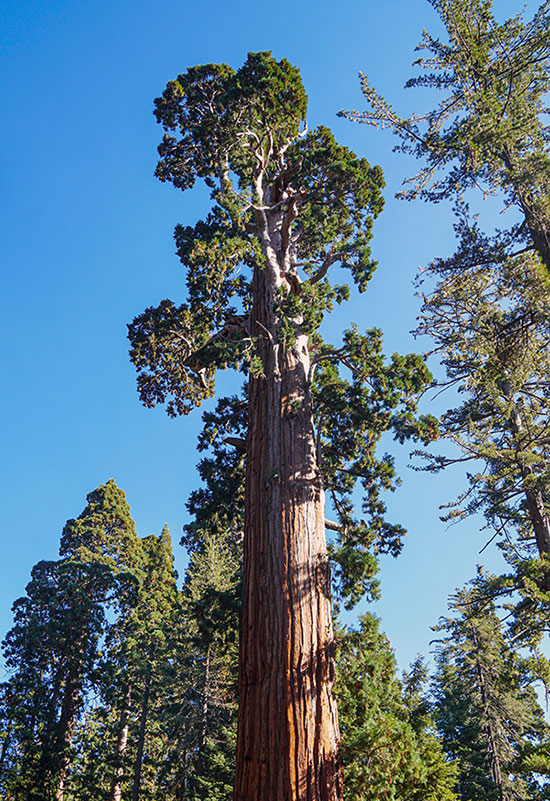Welcome to the first Re-emergence/emergency walk this spring!
April 22 kl. 12.15-14.00: Post-Apocalyptic Food Systems – What to Eat at the End of the World?
Where: The walk will start outside of CEMUS, Villavägen 16, see map here: https://bit.ly/336Zxma. We will walk to Stadsskogen, then along the winding paths in Stadsskogen to Valltjärn where we will light a fire. Bring your own after disaster food or fika, maybe something to cook over the fire? A thermos with a hot drink might also be a good idea. And remember to wear warm clothes and warm shoes if weather is chilly, windy.
Registration: No registration, just be there a couple of minutes before we walk from Villavägen 16.

Questions and framing
The end of the world has been a reoccurring, manifold event over history, often with active perpetrators ending life and local worlds as part of a growing expansion and conquest. This active, conscious destruction continues to this day on an industrial scale and the end of the world is being lived daily by humans and more-than-humans all over the world. With the recent expanded Russian aggression and genocide in Ukraine this reality has moved much closer to Sweden. Energy security, food security and disrupted global distribution lines has once again entered the discussion around sustainability, climate and near-future scenarios. So have can societies cooperate internationally and plan nationally for food shortages and increasing prices? How can a robust, sustainable post-apocalyptic food systems be designed to feed people in this part of the world and at the same time trying to support others in even more need globally? How can we avoid getting paralyzed by the apparent ‘normality’ of everyday-life here in Uppsala? And what will we eat at the end of the world?
Background material
Background reading, watching is available here: http://www.cemus.uu.se/background-april-22-2022/
Read more about the all walks spring 2022 here: http://www.cemus.uu.se/emerg-walks/
CEMUS invites you to a series of re-emergence, emergency walks to explore issues, questions and unknowns central to our ability to re-imagine and re-shape human societies and culture.
feel how your breathing makes more space around you.
Let this darkness be a bell tower
and you the bell. And as you ring,
what batters you becomes your strength.
Move back and forth into the change.
What is it like, such intensity of pain?
If the drink is bitter, turn yourself to wine.
In this uncontainable night,
be the mystery at the crossroads of your senses,
the meaning discovered there.
And if the world has ceased to hear you,
say to the silent earth: I flow.
To the rushing water, speak: I am.Part Two XXIX Sonnets to Orpheus by Rainer Maria Rilke (translated by Anita Barrows and Joanna Macy p. 135)

We as human beings, educators, researchers and universities are failing in bringing about meaningful and radical (to the root causes) change – systemic changes of systems that are destroying human and more-than-human worlds.
We need to explore and rediscover old ideas and ways of organising resistance, and build new spaces that can survive the present-future destruction and madness.
The idea is also built on and inspired by the botanical walks – Herbationes Upsalienses – that Linnaeus did around Uppsala during the 18th century, read more here: The Linnaeus Trails.
The concept is simple: before the actual walking discussion you can watch a background-video or presentation or movie/audio that aims to provoke and inspire some initial thoughts, feeling on the topic being discussed. Then we gather, walk somewhere out of the city or to a certain destination; engage in dialogue, disagreement, discussion two and two; find a space for fika and further discussion (sometimes around a fire); then walk back and have a conversation with someone new.
